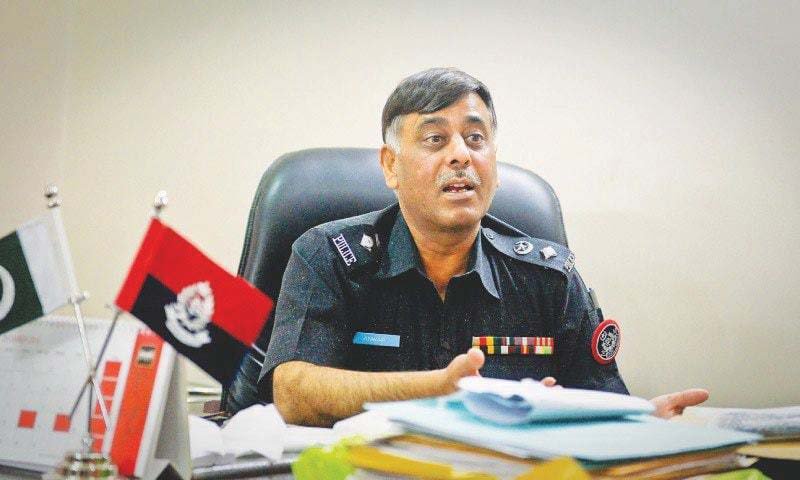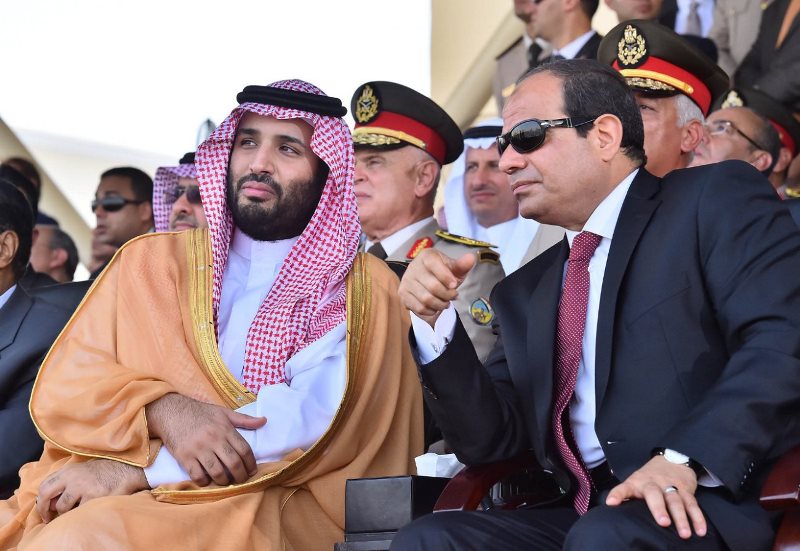Views on News for 18-5-2011
Titles:
- Strauss-Kahn must resign, say US treasury chief and European ministers
- Secret desert mercenary force set up for Arab sheik by Blackwater founder
- Yemen rivals cling to positions as GCC plan stalls
- US steps up face-to-face peace talks with Taliban
- CIA used stealth drones to monitor Bin Laden
News Details:
Strauss-Kahn must resign, say US treasury chief and European ministers
Pressure is building on Dominique Strauss-Kahn to resign as head of the International Monetary Fund, with the US treasury chief and European finance ministers questioning if he can carry on in the light of his arrest. In a speech in New York on Tuesday, Tim Geithner, the US treasury secretary, said Strauss-Khan was “obviously not in a position to run the IMF”. He said: “I think it’s important that the board of the IMF formally put in place for an interim period somebody to act as managing director.” Geithner’s comments came after Austria’s finance minister, Maria Fekter, and others, said Strauss-Kahn was damaging the IMF: “Considering the situation, that bail was denied, he has to figure out for himself, that he is hurting the institution,” she told journalists at a meeting of European finance ministers in Brussels. Strauss-Kahn is being held in isolation at the notorious Rikers Island in New York, having been refused bail after denying charges of a sexual assault on a 32-year-old chambermaid. His lawyers are expected to reapply for bail on Friday; one New York tabloid reported they might be preparing to argue sexual contact was consensual.
Secret desert mercenary force set up for Arab sheik by Blackwater founder
A crown prince has hired Erik Prince to build a secret army for him. Mr Prince, the controversial American who founded, then sold, private security company Blackwater, is charged with building up a force of several thousand commandos for Sheik Mohamed bin Zayed al-Nahyan of Abu Dhabi, The New York Times reports in an investigative feature. The fighting force trains at a secretive compound in the desert sands of the United Arab Emirates, roughly 20 miles outside Abu Dhabi, according to The New York Times. The force, reported to number 580 men, had been reduced from an original goal of 800, but allegedly has plans to ramp up to several thousand. The New York Times reported that Mr Prince’s new company, Reflex Responses (also called R2) has been paid $529million to train the troops to assist the UAE government with intelligence gathering, security, counterterrorism and suppression of any revoltsIt is said to be preparing for a March 31 deployment, but The New York Times found evidence of delays and lack of readiness. The troops are said to be largely made up of Colombians and South Africans, a result of alleged orders from Mr Prince to recruit from areas that have seen conflict and to avoid hiring Muslims, whom the leader allegedly said couldn’t be trusted ‘to kill fellow Muslims’, The New York Times reports. The New York Times points out that the legality of such mercenary forces is murky in the international sphere, and that it may be illegal for Americans to participate in such a venture, even though the force is apparently majority owned by local interests.
Yemen rivals cling to positions as GCC plan stalls
The Yemeni regime and its opponents refused to budge on Tuesday as a Gulf mediator tried to keep up efforts to resolve the political crisis in the impoverished country. “We have discussed with Gulf Cooperation Council (GCC) Secretary General (Abdullatif) al-Zayani the mechanism to implement a plan to end the crisis,” ruling General People’s Congress (GPC) spokesman Tareq al-Shami told AFP. “This plan needs a timeframe to implement it,” said Shami.The six GCC states have proposed an exit plan that would see embattled President Ali Abdullah Saleh out of office within 30 days. “In these circumstances, President Saleh according to the constitution has the right to serve his term until 2013,” and he might not resign before the opposition commits to the GCC plan which calls for an end to street protests. But leading opposition figure Sultan al-Atwani slammed what he called “a new manoeuvre” by the regime. “The opposition is sticking to the agreement reached on April 21 and refuses to negotiate any new ideas,” he said.Chief opposition negotiator Mohammed Salem Basandou “has expressed our position to Zayani when he met him in Sanaa in the presence of European and US diplomats on Sunday and Monday,” said Atwani. Saleh has stalled by refusing to sign in his capacity as president, insisting on endorsing the agreement only as leader of the GPC, contrary to the demands of the opposition. He says that under the constitution he should serve out his current term of office, which expires in 2013. But Washington called on him last Thursday to sign the deal “now.” The Gulf plan, which has lost Qatar’s support, proposes the formation of a government of national unity, Saleh transferring power to his vice president and an end to deadly protests which have shaken the country since late January.
US steps up face-to-face peace talks with Taliban
The United States has stepped up face-to-face peace talks with the Taliban, holding at least three meetings in Qatar and Germany in recent days with figures believed to be close to Mullah Omar, the group’s leader. Discussions were initiated before the killing of Osama bin Laden on May 2 but American and British diplomats believe that the death of the al-Qaeda leader could give added impetus to the talks and the drawdown of Nato troops, due to begin in July. President Barack Obama, whose hand has been strengthened by the assassination of bin Laden, is believed to be contemplating a withdrawal of several thousand American troops, some 100,000 of whom are in Afghanistan. Previous talks broke down when a supposed Taliban leader flown into Kabul in a Nato plane was revealed to be a shopkeeper trying to make some money. Other attempts at dialogue have foundered because would-be emissaries could not be confirmed as genuine. But American officials told the “Washington Post” that although these new talks were preliminary they were with Taliban officials with a direct line to Mullah Omar. A Western official in Kabul confirmed the United States was in direct contact with the Taliban following a sea change in American policy this year. Marc Grossman, the replacement for special envoy Richard Holbrooke, has been nicknamed “Mr Reconciliation” and told to focus efforts on trying to facilitate a political deal which would ease a US exit. “Those are no longer preconditions, they are being seen as negotiated outcomes,” said the Western official. At the same time, the Taliban has weakened its demand that no talks can take place before foreign troops leave. Speculation about talks has angered opponents of President Hamid Karzai of Afghanistan, who say that they undermine Afghan democracy. Any peace deal with the Taliban is likely to involve some element of the group sharing power in Kabul. The Taliban has demanded the release of 20 prisoners from Guantánamo Bay.
CIA used stealth drones to monitor Bin Laden
The CIA flew stealth drones on dozens of secret missions deep into Pakistan to monitor Osama bin Laden’s compound before US commandos killed him, The Washington Post reported. Citing current and former US officials, the Post said the Central Intelligence Agency used the highly sophisticated unmanned planes to fly undetected at high altitudes and provide high-resolution video months before bin Laden was killed in a dramatic May 2 assault by US special forces. “It’s not like you can just park a Predator (drone) overhead — the Pakistanis would know,” a former US official told the newspaper, noting the aircraft provided more enhanced surveillance than other available tools. But the CIA was also using satellites, eavesdropping equipment and agency operatives based at a safe house in the garrison town of Abbottabad where bin Laden is believed to have lived for about five years until he was found, according to the Post. The move would highlight the growing mistrust between the United States and Pakistan, two uneasy allies in the fight against terror. The US raid has further strained ties with Islamabad, which has already received about $20 billion in US aid over the past decade.
15 Jumada II 1432
2011/05/18





